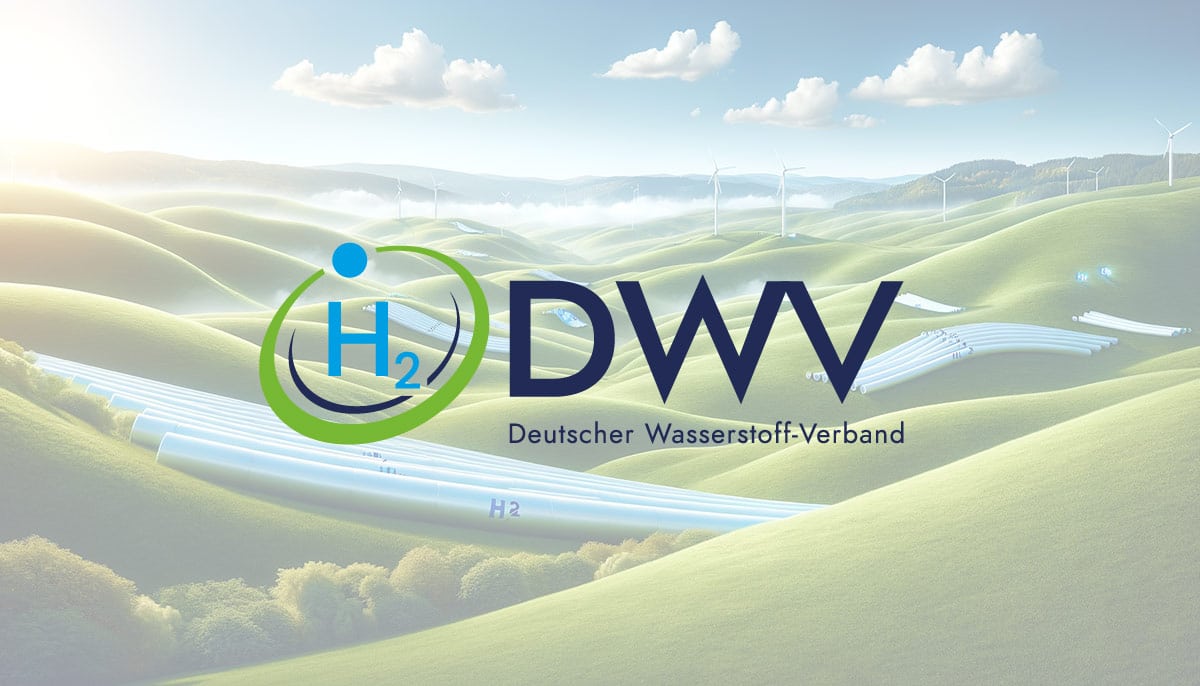At the moment a fierce debate is raging over whether the current operators of natural gas networks should also be the ones to manage the hydrogen grids of the future. European Union-wide regulations on unbundling require the separation of network operator activities. According to Germany’s Federal Network Agency, “transparency and the non-discriminatory configuration of grid operations are fundamental prerequisites to promote competition in upstream and downstream areas of the value chain and to create trust among market participants,” which is why unbundling is said to be essential. So far this provision has only affected the electricity and natural gas networks. But now that there are plans for a pan-European hydrogen grid, a question mark hangs over which rules will apply to it.
The European Commission wants to standardize the rules at a European level and hence is revising the EU directive and regulation concerning the internal gas market. The previous draft states that in future distribution system operators would have to sell off their hydrogen grids, leaving them, at most, with a minimum stake and limited voting rights. This divestment would be obligatory if the energy supply company were already operating a gas or power network. As such, this would result in nearly all transmission system operators in Germany being forced to disincorporate their hydrogen operations. Since the proposals would not provide an incentive to convert existing gas networks to hydrogen, this creates a conflict with current policy targets and the aims of Germany’s national hydrogen strategy.
The reason why the EU still favors this route is because it assumes different framework conditions than the ones that prevail, for instance, at a national level, e.g., in Germany. Thus the EU makes no distinction in its draft legislation between transmission system operators and distribution system operators. The particularities of German law are therefore not taken into consideration. In addition, the EU doesn’t focus on the widespread conversion of existing natural gas grid infrastructure, but instead places the emphasis on the production of climate-neutral gases that are expected to be injected into the current natural gas network. The operation of hydrogen-only grids is viewed more as an add-on to the existing methane grid, while Germany sees hydrogen-only grids as the default option.
Ehler welcomes new legislation
On Feb. 9, 2023, the European Parliament’s Committee on Industry, Research and Energy voted on legislative proposals for its gas market and hydrogen package. CDU Brandenburg politician and MEP Christian Ehler, who is also industry and energy policy spokesman for the EPP Group in the European Parliament, explains further:
“In order to meet EU climate targets and decarbonize our manufacturing industry, our energy system has to be completely restructured. The gas market and hydrogen package is a crucial piece in the jigsaw for the overall “Fit for 55” legislation and the EU instrument for decarbonization in the gas sector. For industry especially, this will only happen with hydrogen and its associated infrastructure.
It is now extremely important to stimulate the hydrogen market by speeding up the arrangements for hydrogen production, making it less bureaucratic and urgently developing a plan to create a European Hydrogen Backbone (EHB). The European Hydrogen Backbone offers the opportunity to revitalize the European industrial economy while at the same time ensuring the resiliency of the energy system, fostering greater energy self-sufficiency and maintaining security of supply throughout the whole of Europe.
Thanks to today’s ballots, our committee has now laid the key foundations. A great many items in the two dossiers voted upon contain a clear improvement with respect to the commission’s proposal. That applies particularly to the unbundling rules in the directive. All unbundling models that we are familiar with from today’s gas and electricity market are to be made available for an unlimited time. This will create incentives for the repurposing of existing pipelines as hydrogen pipelines since the network operators will benefit from their investment in hydrogen infrastructure.
According to the commission’s proposal, they would have to sell their hydrogen infrastructure in 2030, which would inevitably prevent them from investing in hydrogen infrastructure, and would have negative consequences for the development of a hydrogen backbone.
Hydrogen offers huge opportunities for Brandenburg; it is an attractive location for an electrolyzer industry. The energy transition can only succeed by involving gaseous energy carriers. Regrettably, many of the pathways set out in the proposals of the EU Commission are being held back by individual rules. This is because the proposals make the false assumption that industry’s gas demand can be managed by concentrating on the transmission system without recourse to brown coal.
In actuality, most commercial customers in Germany purchase gas via these distribution systems. The EU Commission’s approach therefore needed a correction. Gas distribution systems must not be excluded from conveying hydrogen in the future. The whole of Brandenburg should put itself forward as a model region for energy. Here, hydrogen will serve as a medium for storage and transportation – in addition to its use as a fuel. The aim is to connect the industrial and production sites for green hydrogen in the Mark Brandenburg area to the future European hydrogen grid.
Today we have set out how renewable and low-carbon gases can be more easily injected into the existing gas grid and how it should be possible to establish a dedicated hydrogen infrastructure and its own hydrogen market. The hydrogen grid of the future will evolve from the gas grid of today. The framework conditions agreed today will help to ensure the hydrogen grid is set up at the required speed and with the required expertise.”
Author: Sven Geitmann
Image: Christian Ehler, Source: C. Ehler


























0 Comments